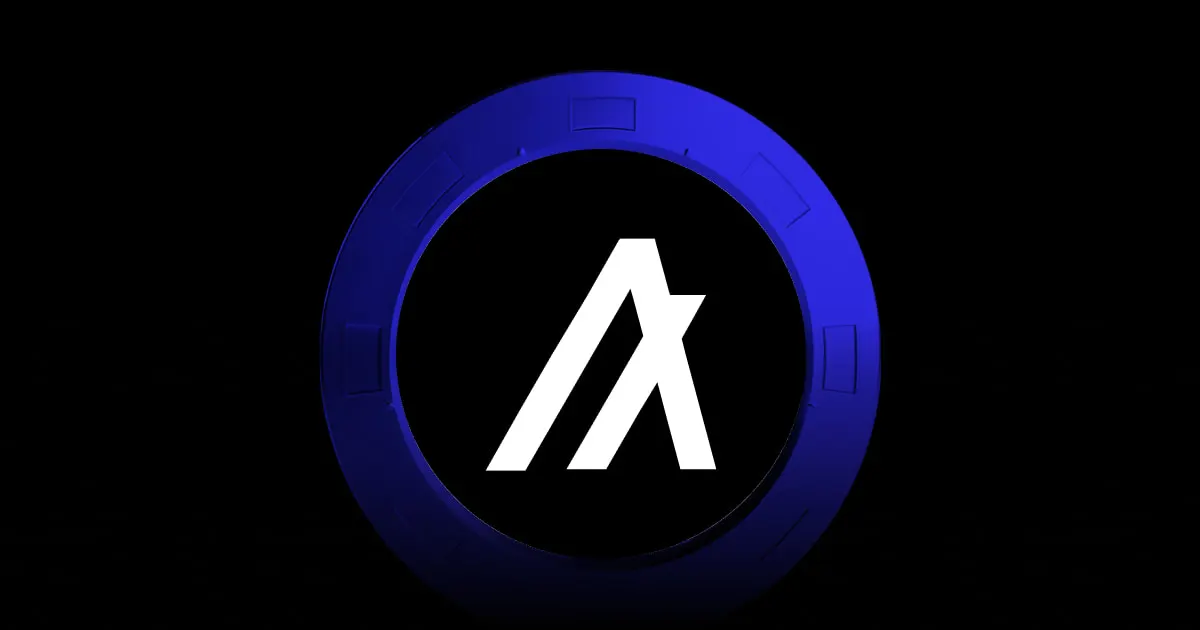What Is Algorand (ALGO)?

What Is Algorand (ALGO)
Algorand (ALGO) is a blockchain technology designed to make digital transactions secure, fast, and efficient. It works by using a unique consensus mechanism, Pure Proof of Stake (PPoS), that quickly confirms transactions and prevents any single entity from controlling the network. This allows transactions on Algorand to not only be secure but also be completed in a matter of seconds, making it suitable for various applications like online payments, asset transfers, and more.
Algorand is an open-source Layer 1 blockchain network upon which anyone can build. The code for Algorand can be cloned, copied, and use in private or permission blockchains. As a public smart contract blockchain, Algorand supports various decentralized finance projects, stablecoins and even a digital national currency.
The key aim of Algorand is to overcome the scalability issues commonly associated with traditional blockchain systems through its strong throughput capacity and equitable community incentivization. The platform has been used in real estate, copyright, microfinance and more.
Who Created Algorand
Algorand was founded in 2019 by Silvio Micali, a computer science professor at the Massachusetts Institute of Technology and a prominent cryptographer.
The management of Algorand is overseen by the Algorand Foundation and the blockchain is available to any individual or organization that wants to use it.
How Does Algorand Work
Algorand is the latest blockchain aimed at solving the blockchain trilemma: scalability, speed, and security. Leveraging Algorand’s two-tiered blockchain architecture, it is possible to achieve over 1,000 transactions per second (TPS) and transaction finality in less than five seconds. In comparison, Bitcoin, the biggest cryptocurrency by market capitalization, only has a TPS capacity of around 7 transactions per second.
Because Algorand processes more complicated smart contracts and decentralized applications (DApps) off-chain and on its layer-2 tier, the blockchain is able to maintain speed while handling transactions at a rate comparable to that of large payment networks such as Visa.
What Makes Algorand Unique
Algorand uses Pure Proof of Stake (PPoS), a unique variation of the Proof of Stake consensus mechanism. PoS selects miners based on their staked amount whereas PPoS selects miners at random, regardless of the size of their investments in the network.
This allows all ALGO holders to be eligible to participate in the consensus process, making PPoS a highly democratized PoS consensus mechanism.
What Is The Algorand Token (ALGO) Used For
ALGO is the native cryptocurrency of the Algorand blockchain. It can be used to facilitate transactions, pay for various on-chain items such as NFTs, and participate in the governance of the blockchain.
Investors and traders may find value in ALGO should they believe that Algorand’s technical features allow it to position itself as the preferred blockchain for developers aiming to create new decentralized applications.
Algorand Tokenomics
Algorand has a maximum supply of 10,000,000,000 ALGO coins all of which were minted at the genesis of the Algorand blockchain. As of the writing of this article, 7,827,178,211 ALGO coins are in circulation.
The remaining ALGOs are held by the Algorand Foundation and will be gradually released for community and governance rewards, ecosystem support and foundation endowment until 2030.
How To Trade ALGO On Flipster
Sign up for an account on the Flipster website or by downloading the Flipster app (Android or Apple).
Click the [Trade] tab.
Search for ALGO, and click on it.
Select the leverage (up to 20x).
Select either a Trigger Order or Market Order.
Input the amount of crypto you wish to trade, or select a percentage of your available funds to use.
Once you have confirmed the details, click the [Long] or [Short] button to open a position.
ALGO Perpetual Swap Contract Specifications
Disclaimer: This material is for information purposes only and does not constitute financial advice. Flipster makes no recommendations or guarantees in respect of any digital asset, product, or service. Trading digital assets and digital asset derivatives comes with significant risk of loss due to its high price volatility, and is not suitable for all investors.